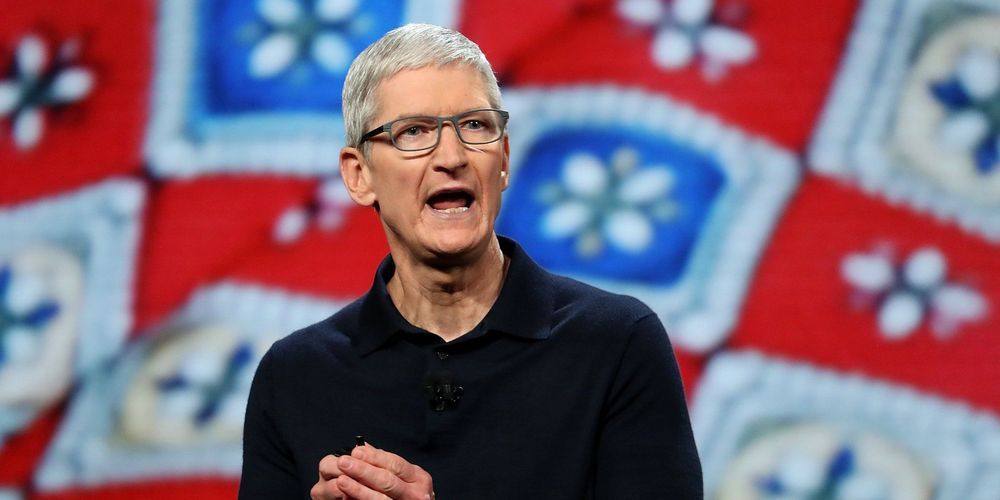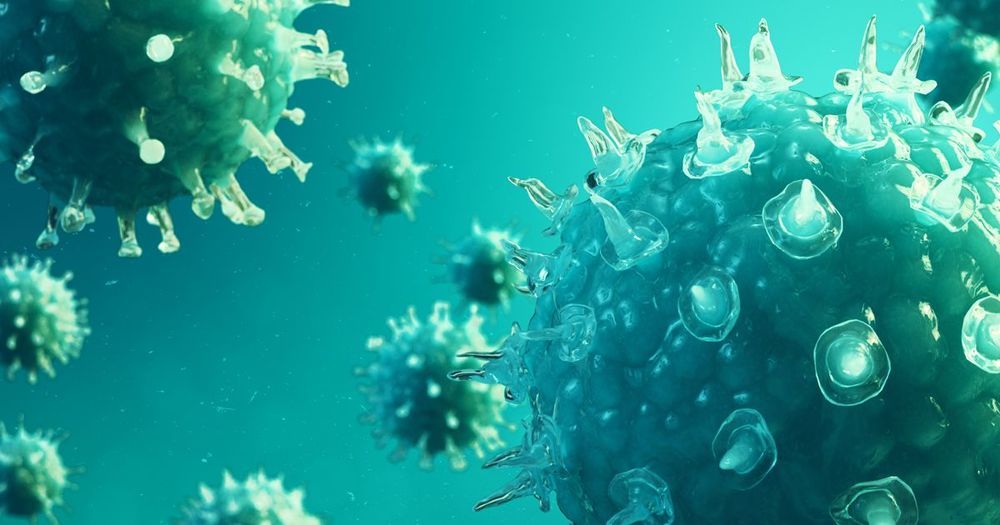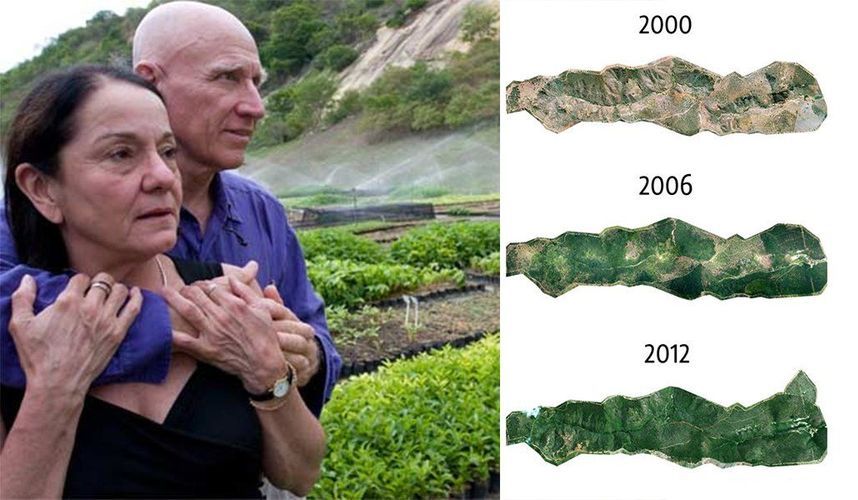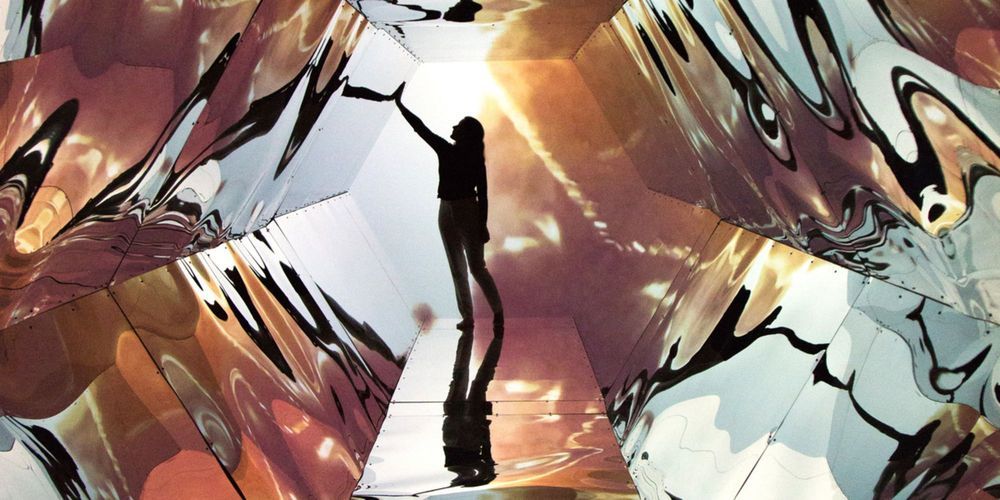The good news: we have a highly-detailed digital template for how to rebuild.
The Notre Dame fire was devastating, but these 3D scans offer hope for its restoration.








By Mayukh Saha
A part of growing up is becoming aware of changes. Have you ever wondered how your neighborhood completely changes when you are walking down those familiar streets ten to fifteen years later? Now, imagine if you lived in a place surrounded with trees and found all of them have vanished when you returned from a trip? That is what happens when we have rampant deforestation taking place all over the world. We are aware of the problem, but few countries are taking any step towards it. That’s why we need to step up as individuals and make a change.
Enter award-winning photojournalist Sebastião Ribeiro Salgado and his wife Lélia Deluiz Wanick Salgado.
